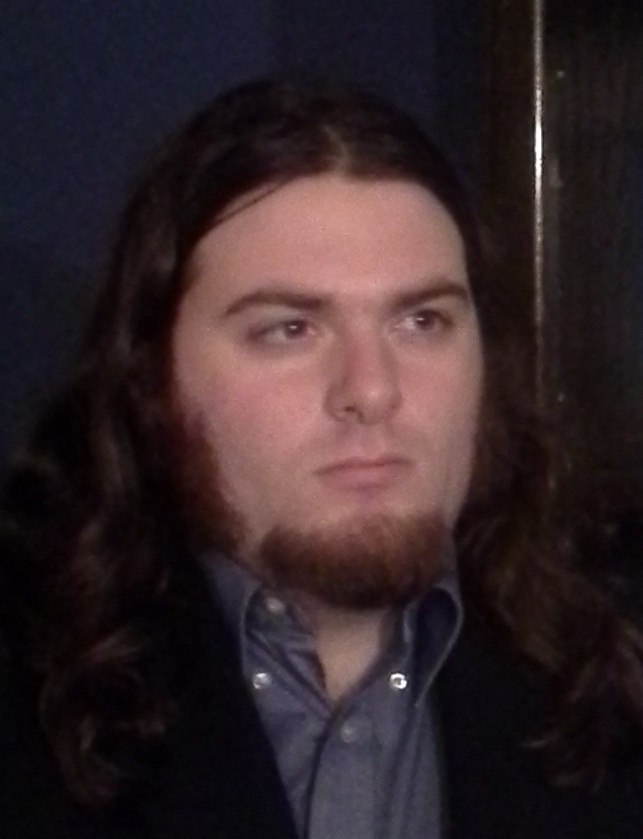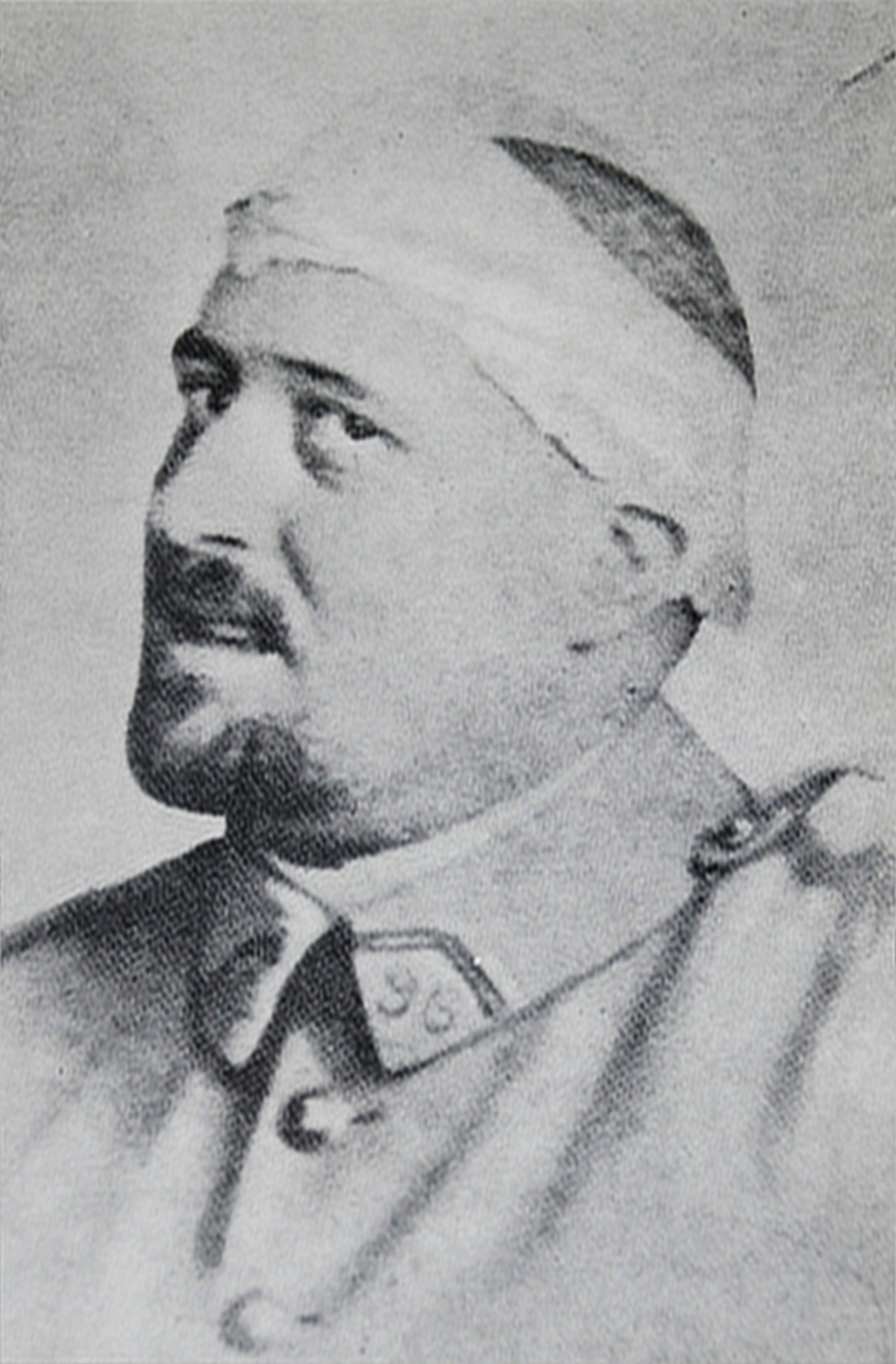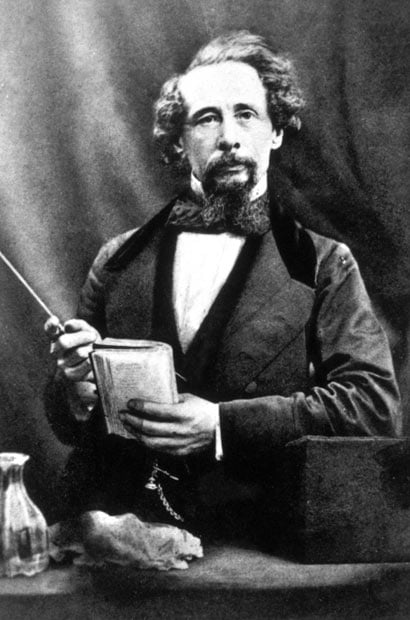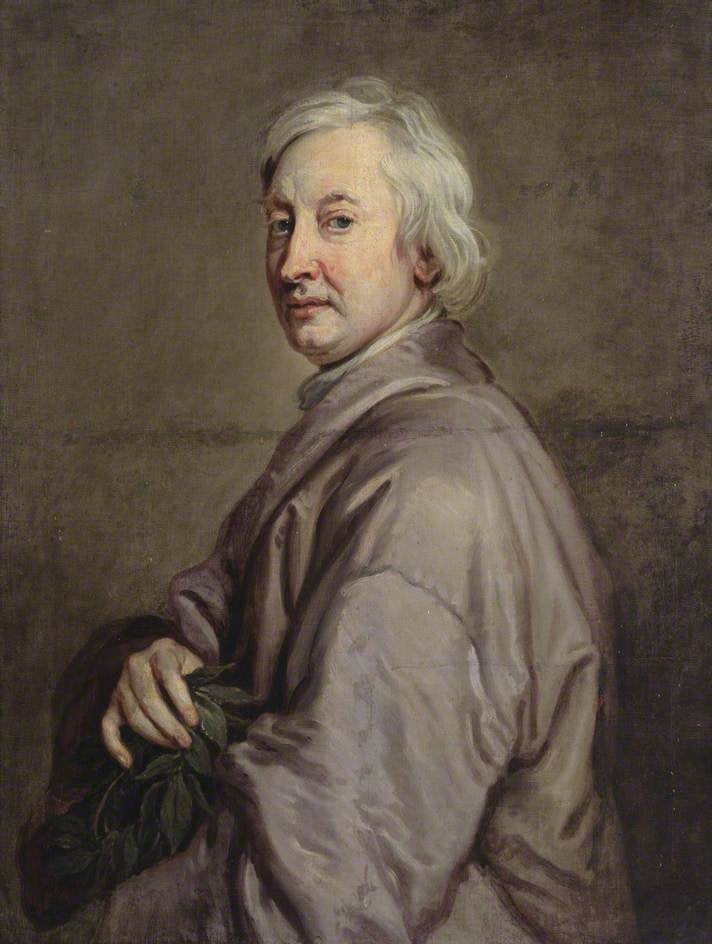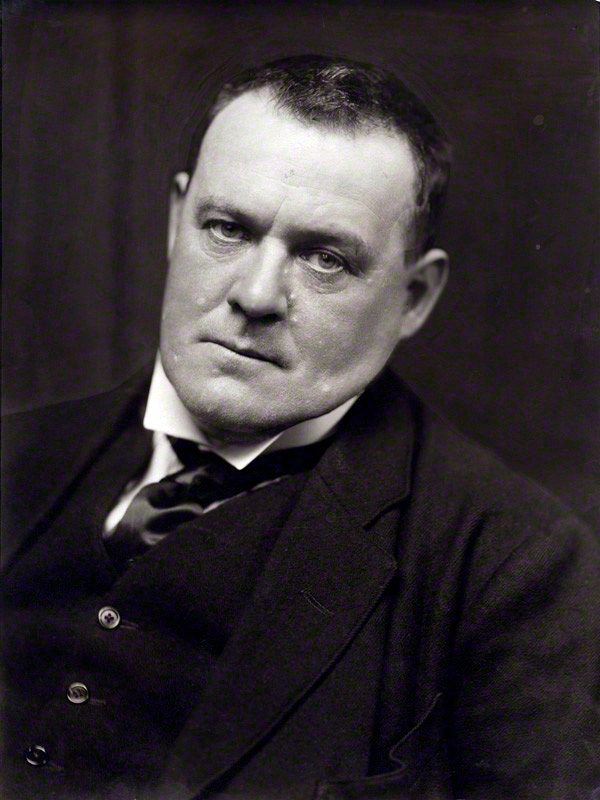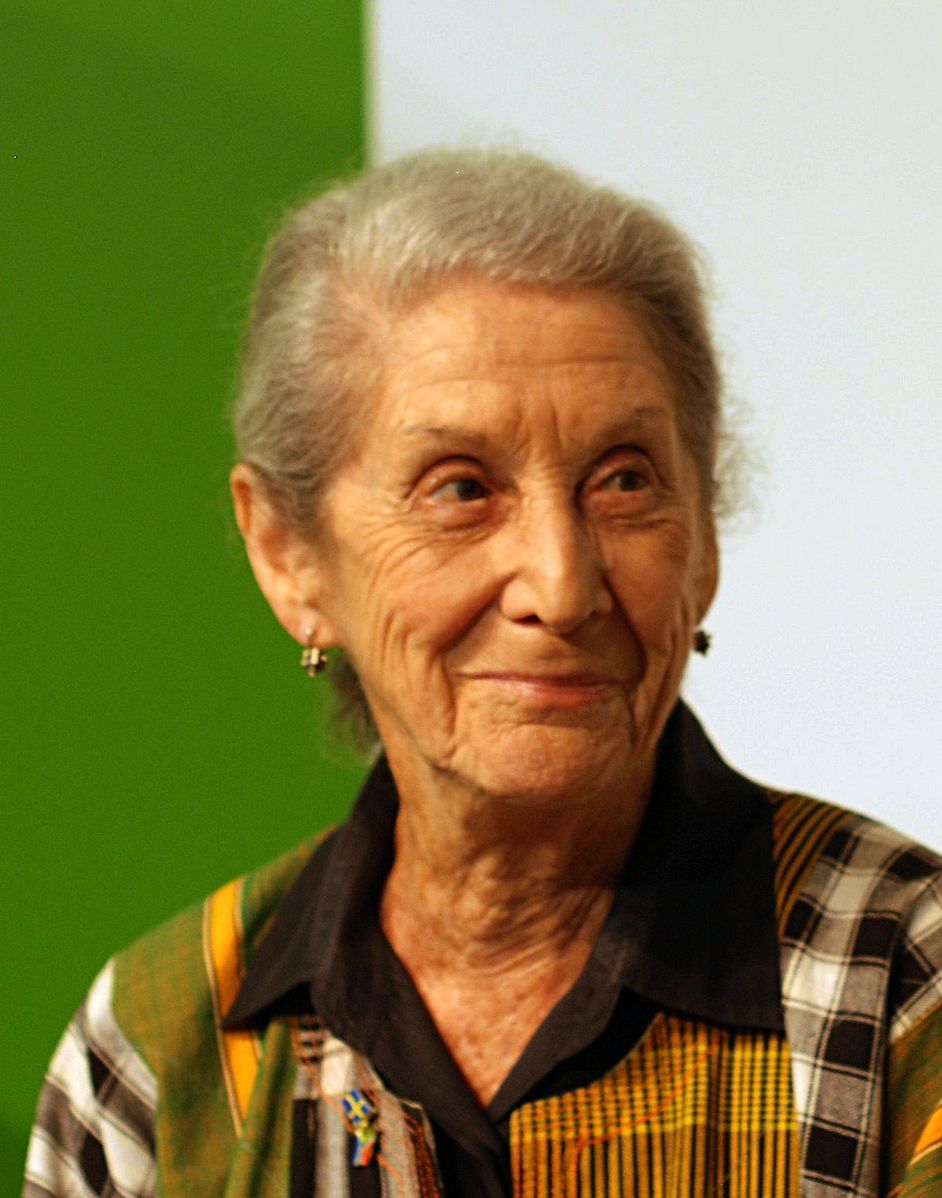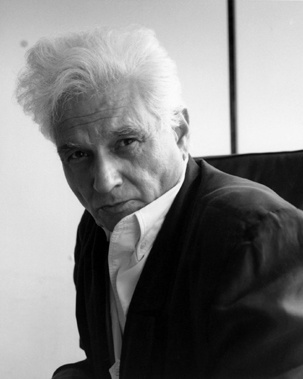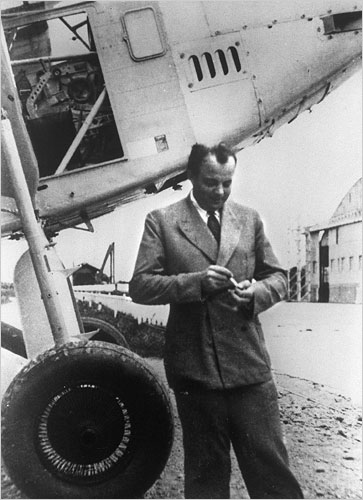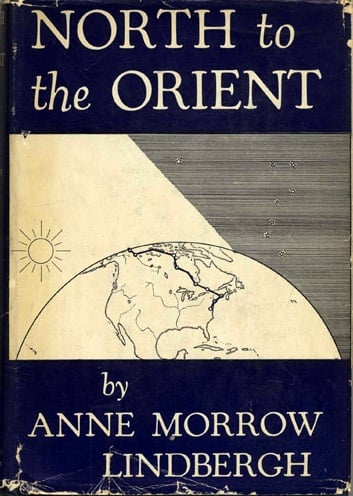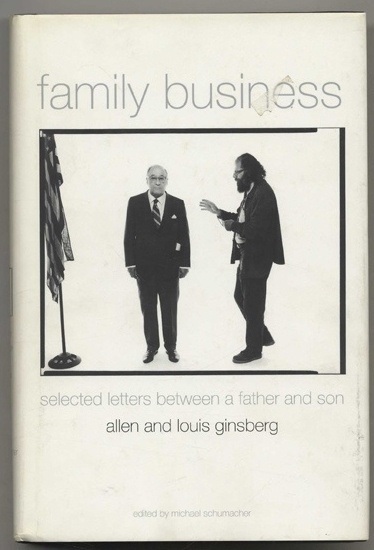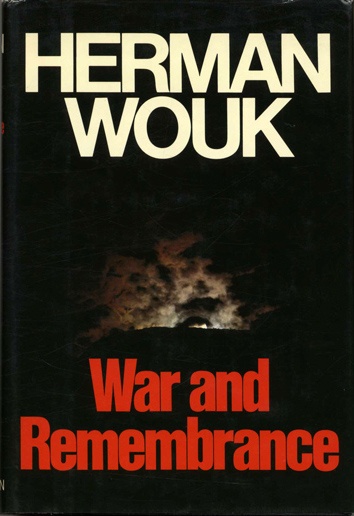Like Walt Whitman, Guillaume Apollinaire contains multitudes. While he is largely known to English speaking readers as a important modernist poet, he was also a noted art critic and a writer of novels and plays. And while his poetic imagination was best displayed in his actual poems, one can’t help but wonder if it was also at work when it came to his success in that most fickle of businesses: the naming of artistic movements.
us toll free: 1-800-948-5563 international: +1 (843) 849-0283 UK: +44 (0) 1334 260018




